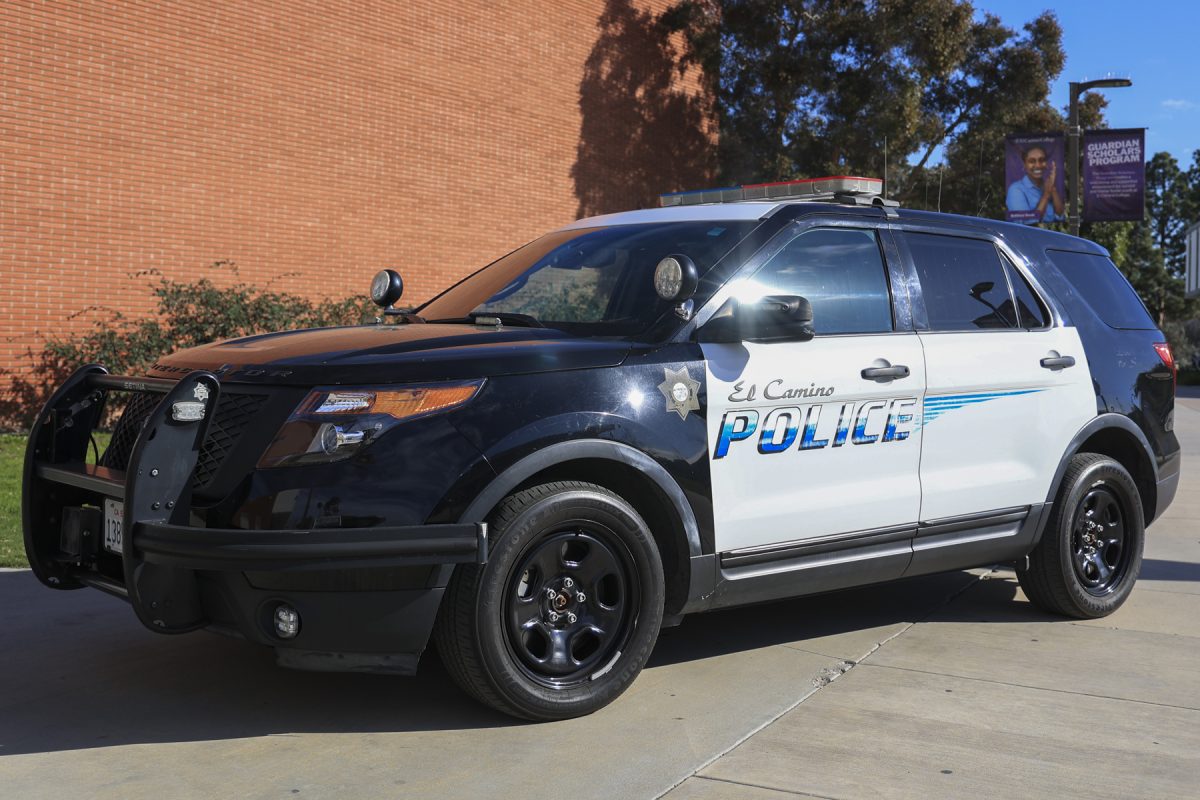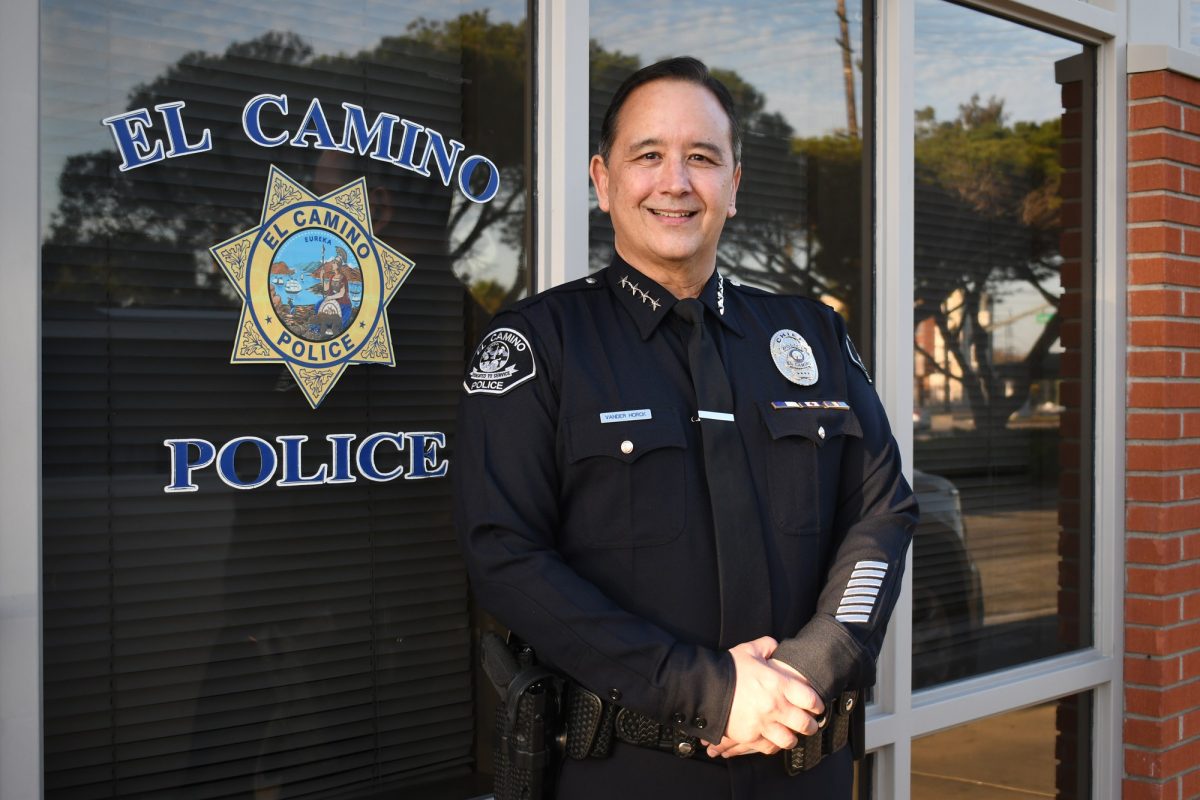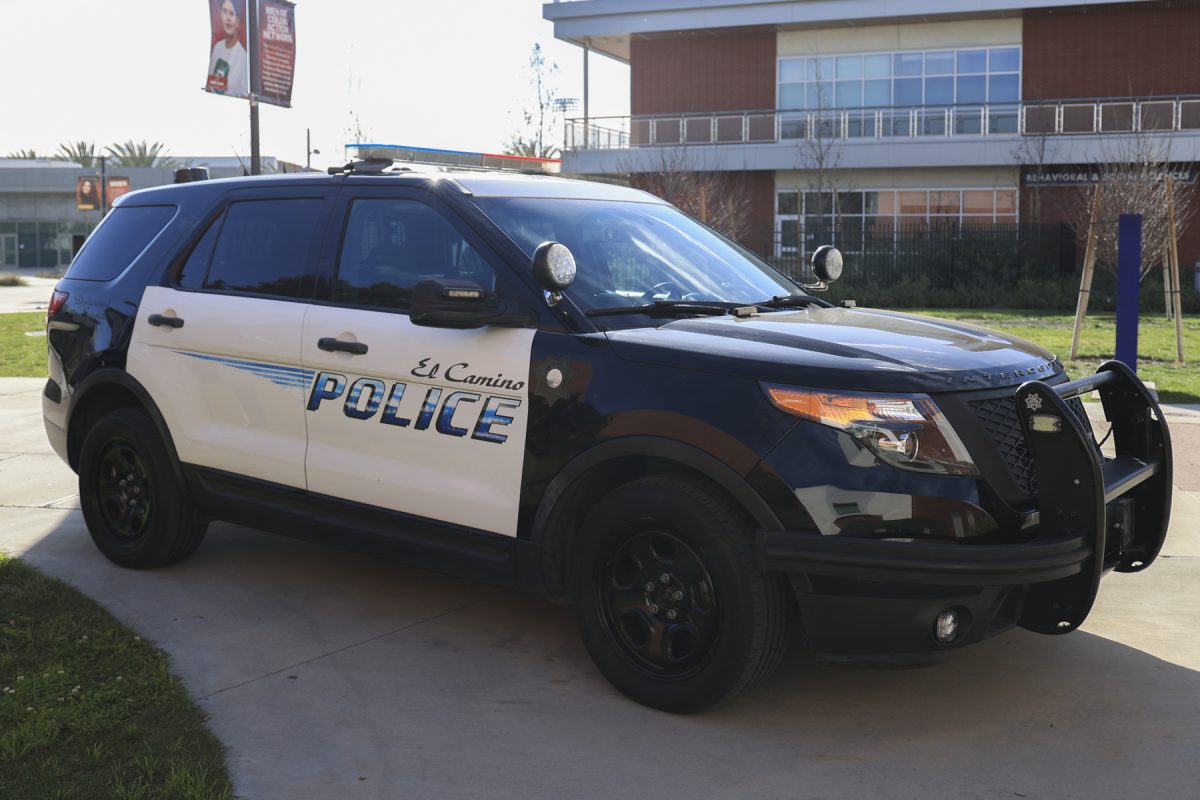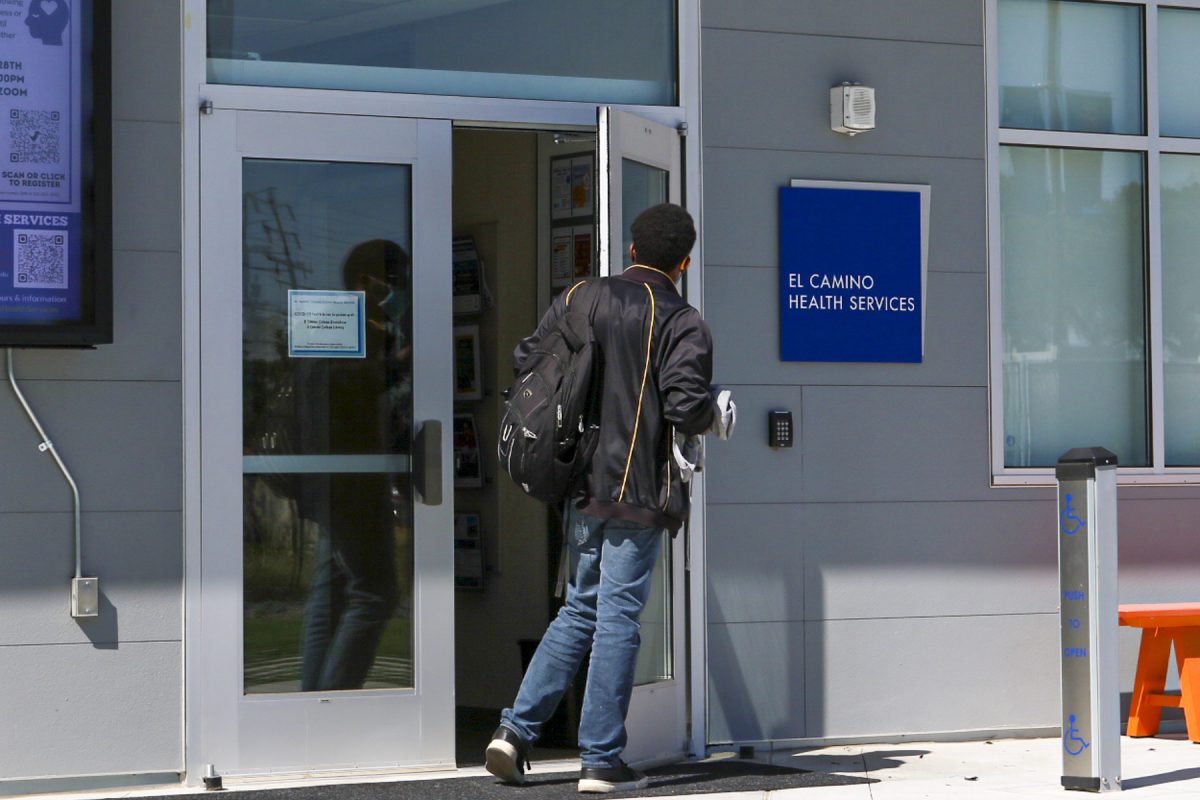She never thought giving her cell phone number to a charming man would leave her $4,000 in debt, one week later.
An 18-year-old student, who chooses to remain unnamed, filed a report Tuesday after a man conned her into cashing a counterfeit check.
The man approached her as she was rushing to class and persistently offered her compliments until she gave him her phone number; soon after, they made plans for a date.
“He kept saying how pretty I was. He said I shouldn’t go to the movies alone; but when he picked me up, he said he didn’t want to go to the movies–he just wanted to go somewhere to talk,” she said.
The man, who is not an EC student, told the student that he was living out of his car and although he had a job, he did not have a bank account; therefore, he could not cash his payroll check.
The man convinced the student to have the check made out to her name, deposit it, and then give the cash to him. The check turned out to be a counterfeit and the student was left to pay the $3,896.81 that was withdrawn.
“The way he spoke, he didn’t seem like he would do something like this,” she said.
The student received a letter from her bank regarding the counterfeit check; since then, she has had no contact with the man.
“Every time I called his phone I would get the voicemail with another person’s voice talking. Also, I’ve been driving around the college hoping to see him or his car,” she said.
The man is described as being a tall African American with long hair, a teardrop tattoo under his left eye, skinny and in his mid-20s.
“He probably could be living out of his car, because every time I saw him he was wearing the same thing, a white T-shirt, gray Dickies, and black Pumas,” she said.
The man is said to be driving a black Camaro, late ’90s model with shiny rims.
Sgt. Kirk Johnston said that the EC police department is filing a report and will follow up on the case.
The student said she hopes, by her experience, more women will be aware of the danger of being conned.
“Trust nobody. You never know; people can stab you in the back. I wouldn’t want this to happen to anyone else,” she said.
Johnston encourages people to be cautious of who gets ahold of their information.
“Watch who you give your cell phone number to. And don’t give out your bank info to anyone,” Johnston said.
Other suspicious behavior would include only meeting away from campus and having prepaid cell phones, as not to be easily contacted.
Last year, a student was approached while waiting in line at the Cashier’s Office and convinced to accept a counterfeit financial aid check.
Once the student deposited her check and paid off the man who gave it to her, she too found the check to be fake and was left with the loss of $700.
“Most likely, these incidents were not related, considering this dealt with a financial aid check. But it is similar in that is was a counterfeit check,” Johnston said.







